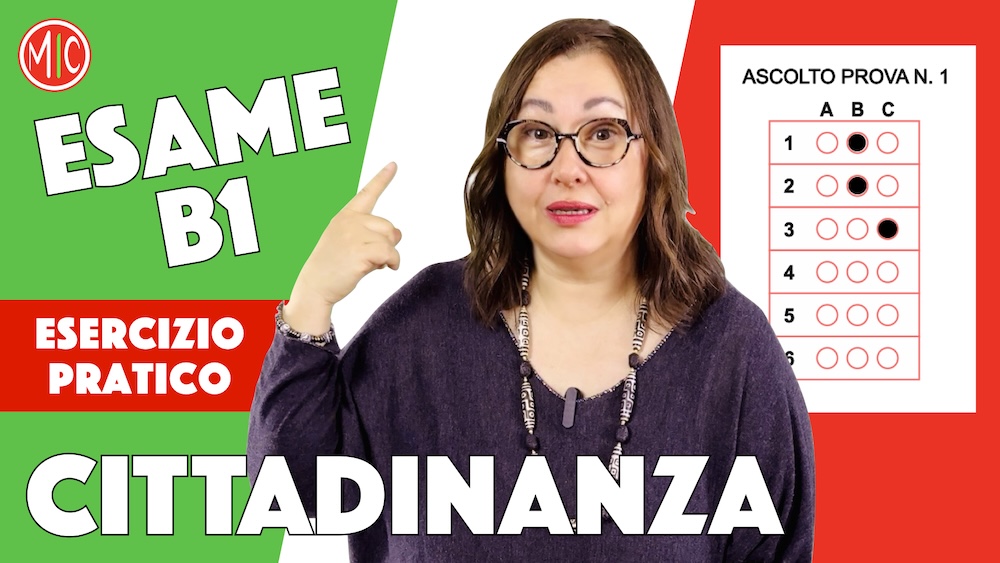Learn Italian quickly! Learn Italian in 30 minutes! No, in 5 minutes! Learn Italian in your sleep! Become fluent in 2 months! In 2 weeks! Speak Italian now!
So… we are all keen on doing things quickly nowadays — we want to learn new things and squeeze as many activities as we can into our busy days. Is this the right attitude to learn a language? Is it the best way to learn Italian? We are all looking for a secret recipe that will make it quick and easy, but what is it? I will tell you my ‘secret’ below.
How long does it take to learn Italian?
How long does it take to learn Italian? Ask yourself, how long does it take to read through two or three 200-pages textbooks and do all the exercises? Unfortunately, 30 minutes are not enough, and probably not even 2 months. Here enters a variety of factors: why are you learning Italian? how much time are you willing to commit? What level of proficiency are you aiming for? How difficult is it for you? And first and foremost: are you wasting your time?
Italian is not a difficult language per se. It shares many similarities with other Romance languages, but also with English. You don’t need to learn thousands of characters or a completely new alphabet. Pronunciation is very easy, and unlike German, Turkish or Finnish, we don’t have cases. Compared to Chinese, Japanese or Zulu, Italian is easy. If you do it right, you could very well reach a fair level of proficiency in about a year.
Maybe the problem is that it’s too easy. A lot of people think that they only need to put on some Italian music or have a podcast in Italian going in the background, and they will magically absorb the language. Or that playing with an app for a few minutes a day or learning word lists will allow them to communicate with Italians. All these things can be useful, and if you have time for them, great! But if you’re looking for secrets to learn Italian quickly maybe you don’t have that time, so stop wasting it!
Can you self-teach Italian?
First of all, can you self-teach Italian? Absolutely! I know people who taught themselves classical piano. This wouldn’t have been possible before the Internet, but now there are so many excellent resources out there: ebooks, podcasts, videos, apps, and so on. There are also many people willing to share what they know on social media, online forums, and YouTube channels — perhaps too many. Like with movies, the most popular channels are not necessarily the best ones.
Channels by polyglots who share their secrets and methods are also very popular. I think they are a great resource for language students, but I’d like to point out that most polyglots are not your average language student — they are highly committed and motivated and they devote a lot of time to languages, sometimes all of their time. So definitely look at them for inspiration, but don’t feel bad if you don’t progress as quickly as them!
The secret to learning a language
Quickly. Here’s that word again. Actually, I don’t think that your goal should be to learn Italian quickly. It’s not a race! What’s the secret then? Do not quit. Don’t quit and you will learn Italian. Obviously, if you are self-teaching, you are at the same time the person who needs goals and motivation, and the person who provides them. That’s why self-teaching is not easy, and it’s not for everybody. If you need accountability and help getting through plateaus and times when you lose focus, a teacher is probably the best choice. If not a one-on-one teacher, then at least a structured course or some other method that allows you to measure your progress and keeps you interested and motivated.
The problem is that there is too much to choose from out there. Going through a lot of different resources and trying them out in order to choose the right ones also takes time. Bottom line: if you are in a hurry, if quickly is important to you, you will be better off with a teacher. A good teacher will ask you what your goals and expectations are, and will provide materials that are interesting to you. A good teacher will address your weaknesses, because that’s what you need to work on, but will also make you feel good about your achievements.
Motivation is key
Talking about motivation: once you have the basics down, why not spice up your language learning experience with subjects that are dear to you? Many people learn Italian as a means to an end: maybe they are into cooking, or fashion, or they are big football fans, or they love Renaissance art, or opera music. Read and listen about the things you love, and you will remember new vocabulary… more quickly! More importantly, if you enjoy it, you will stick with it.
Communication is the ultimate goal
If you are learning a language, chances are that you do that in order to be able to speak with people: better to start sooner than later. Active use of the language – speaking and writing – is the hardest part, so you don’t want to neglect that. A conversation buddy can be great too, just don’t expect them to be able to answer all your tricky questions on Italian grammar. And this takes me to another point I’d like to make. It is very important to speak (and write), so don’t be shy and do that from the very beginning, but there is another thing that is crucial for Italian, and that’s grammar.
Italian is a highly inflected language – word endings change to convey meaning – so grammar is essential in Italian, there is no getting around it, and the sooner you get to grips with it, the better. It’s important to understand the main concepts and principles, as well as the differences and similarities with your native language. You don’t want to be held back by perfectionism — you will not get all the endings right in the beginning, and not even at an intermediate level, and that’s okay, people will still understand you! But it’s something that you will have to work on for some time, especially if your goal is to become really fluent.
Your language proficiency level: does it matter?
This brings me to the last point I want to address: proficiency levels. The current Common European Framework of Reference for Languages includes six levels, from A1 to C2. A1 and A2 are the basic and elementary levels; B1 and B2 are intermediate, and C1 and C2 are advanced and native-like.
Should you care about levels? Well, they give an idea of one’s progress, of course, and adult learners need to measure their progress in order to stay motivated. Learning materials are usually graded according to this system, so pick a book that’s not too hard and not too easy, or let your teacher pick it for you. If you are looking for a structured approach, we have complete A1 and A2 level courses designed for self-study.
Finally, remember that B1 is already a very good level, that will allow you to communicate in many different situations, and have meaningful interaction with locals.
That’s it! Leave me a comment if you’d like to share your experience, I want to know what you think. Check the links below and remember the secret of success: Don’t quit! Non mollare!
Anna
Useful resources:
- Italian Textbooks: all our books and courses available on Amazon and Patreon, from basic A1 and A2 courses to our grammar guide, to Italian as the language of art and music.
- Daily Italian Words: a treasure trove to enrich your Italian vocabulary. Hundreds of engaging articles with audio, example sentences, and cultural notes.
- Italian with Nicco: useful and accurate daily content to improve your Italian.






Thank you Anna for a great blog. One of my favourite ways to progress if meeting up for coffee with colleagues in my intermediate class. It’s fun, we’re all learning off each other and it’s active learning. (Plus an excuse to buy coffee and cake.)
People can learn at any opportunity at any time of the day.
I find I learn well when I’m tired and not in the mood, speaking after a full day’s work. I don’t feel the benefits there and then but I know it does me good in the long run.
Great channel and thank you to all at MIC